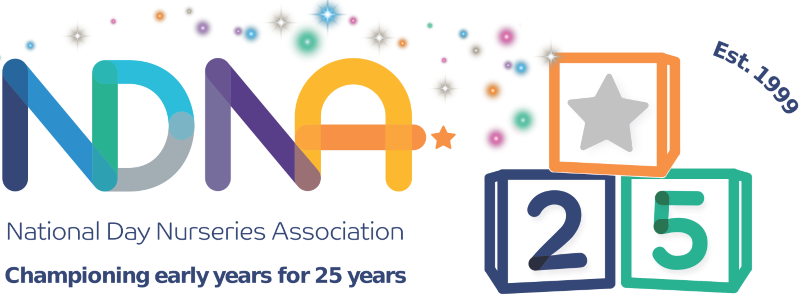
Early years parent partnerships: developing positive relationships with parents
With each new term, comes a new cohort of babies and children joining your nursery – now is an ideal time to reflect on parent partnerships.
Parents and carers are the most significant influence on their child’s development in the early years and studies show that the quality of the home learning environment has a stronger effect on children’s intellectual and social development than any other factor.
So it’s no surprise that developing positive relationships with parents in early years settings is absolutely crucial.
Why is it important for nurseries to build parent partnerships?
The EYFS Statutory Framework identifies the nursery-parent relationship as an essential element of ‘Positive Relationships’. By sharing information, nurseries and parents can respond to children’s individual needs and support their learning and development. A Key Person’s role in engaging and supporting parents and carers in guiding their child’s development at home is especially important.
By having positive relationships with parents, you can ensure children’s safety and emotional well-being too. Effective communication and a strong sense of trust will help the settling-in process and any other transitions for the child.
Having a positive relationship with your nursery parents will also help to pave the way for difficult or sensitive conversations you may need to have with parents. Parents are more likely to seek support when they need it if they feel they have a strong relationship with you.
What do positive relationships with parents look like?
Positive relationships with parents are based on trust, transparency and mutual respect. They require two-way communication: listening, responding and finding creative solutions together – not just providing information!
Relationship-based working is about being warm, supportive and empathetic. It means you are available, interested and non-judgmental.
Relationships with your nursery parents will begin from your first encounter with them – this may be on a visit to the setting, an initial home visit or on their child’s first day. So it is important to demonstrate these qualities and values from the very start.
Possible barriers when engaging with parents at your nursery
Now, developing strong relationships with your nursery parents and carers is not always easy!
Working parents may have little time to stop and chat and may find it difficult to take time off work to attend events or workshops. Parents who don’t drop off or pick up their child, and/or who don’t live with their child, may have little contact with the setting and feel out of the loop.
Parents with limited English may find it difficult to communicate with staff. And parents who are feeling stressed or struggling with issues at home may feel unable to take part in family sessions or to share their worries.
It is important to recognise these and other barriers so that you can find creative ways to overcome them.
10 tips on how to develop positive relationships with parents
A welcoming ethos:
Strong leadership and effective teamwork will help ensure that all practitioners are warm and approachable, and are able to build respectful relationships and trust with parents. Listen, answer questions and help parents to feel comfortable. The Key Person has an essential role to play here.
Two-way communication:
From day one, consult and involve parents. Find out about their child’s interests, abilities and needs. Ask parents for their views on the nursery and find out what would make communication with you easier for them.
Children’s learning and development:
Share information with parents on their child’s learning and development and photos via learning journals and informal conversations.
Accessible information:
Provide clear and up-to-date policies and procedures in accessible formats. Share useful information and resources through a noticeboard for parents, on your website and via newsletters.
Getting involved:
Invite parents and carers to take part in activities and events at your setting. Find out about their skills and interests – gardening? cooking? arts and crafts? football? – how could they contribute? Some parents might be keen to volunteer on a regular basis.
Signposting:
Let parents know about professionals and organisations that can provide early help, support and advice – through information displays and in conversations when support needs become apparent.
A safe space:
Find a confidential space and be sensitive when you need to have a difficult conversation with parents, for example, if you have a concern about their child, or if a parent has asked to talk with you privately. Use active listening skills – be attentive, and consider your body language and tone of voice.
Home learning environment:
Help parents to support their child’s learning at home by encouraging them to take part in family learning workshops, or sharing inspiring ideas and activities at coffee mornings or drop-ins. If it’s tricky for some to attend these sessions, make use of parent consultations, newsletters and your website to share ideas for learning through play at home.
Invite guest speakers:
Ask your local health visitors or children’s centre outreach workers to facilitate sessions for parents on topics such as reading with babies, oral health, toilet training, healthy eating, outdoor play, bedtime routines, online safety and accident prevention.
Social events:
Organise – or encourage parents to organise – social events so that families can get to know each other and develop their support networks.
- Developing positive relationships
- Developing positive relationships with parents
- early years
- Enabling Environments
- learning and development
- supporting parents
Similar Articles
The UNCRC (Incorporation) (Scotland) Act 2024 – What does it mean for nurseries?

Safe sleep in nurseries

